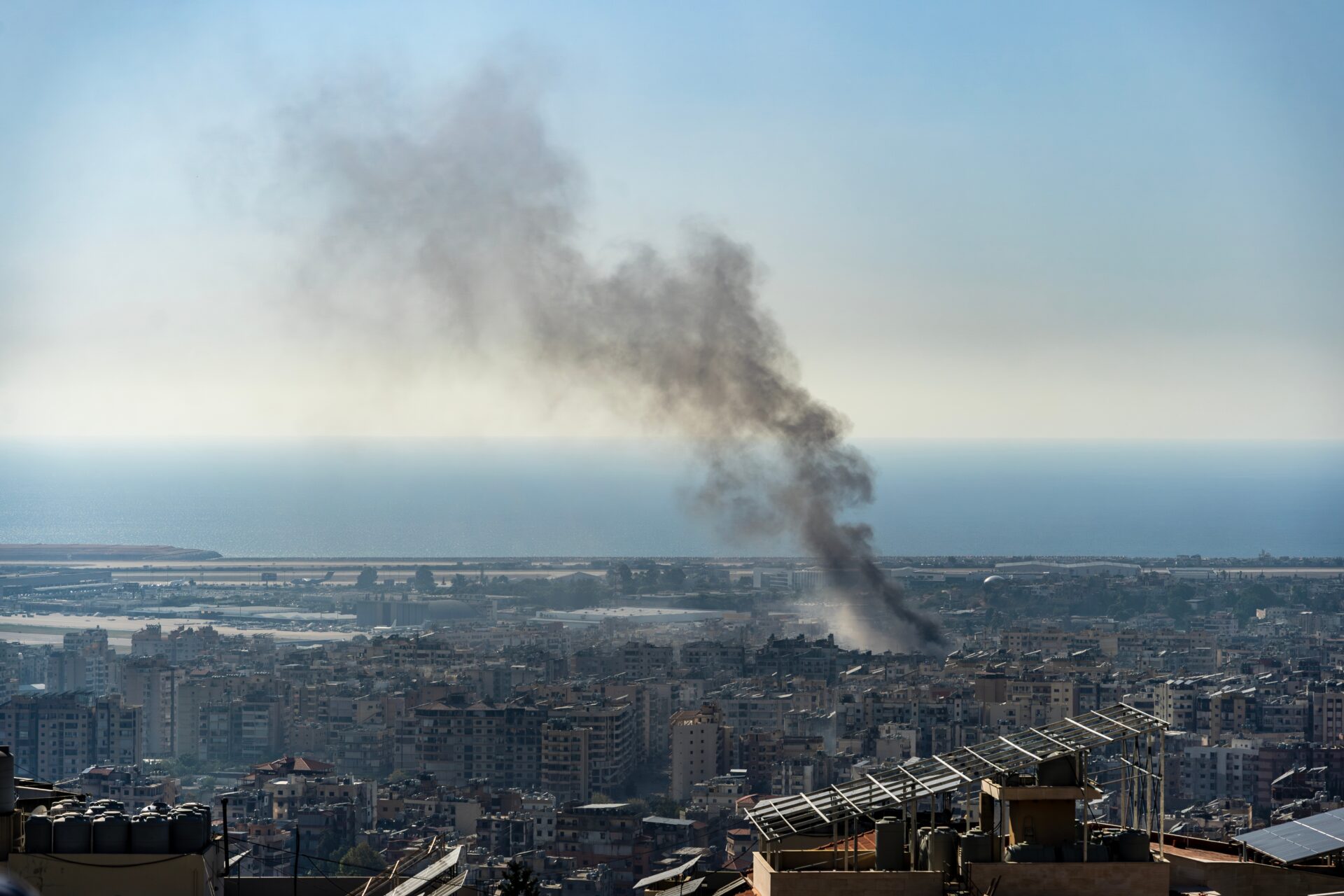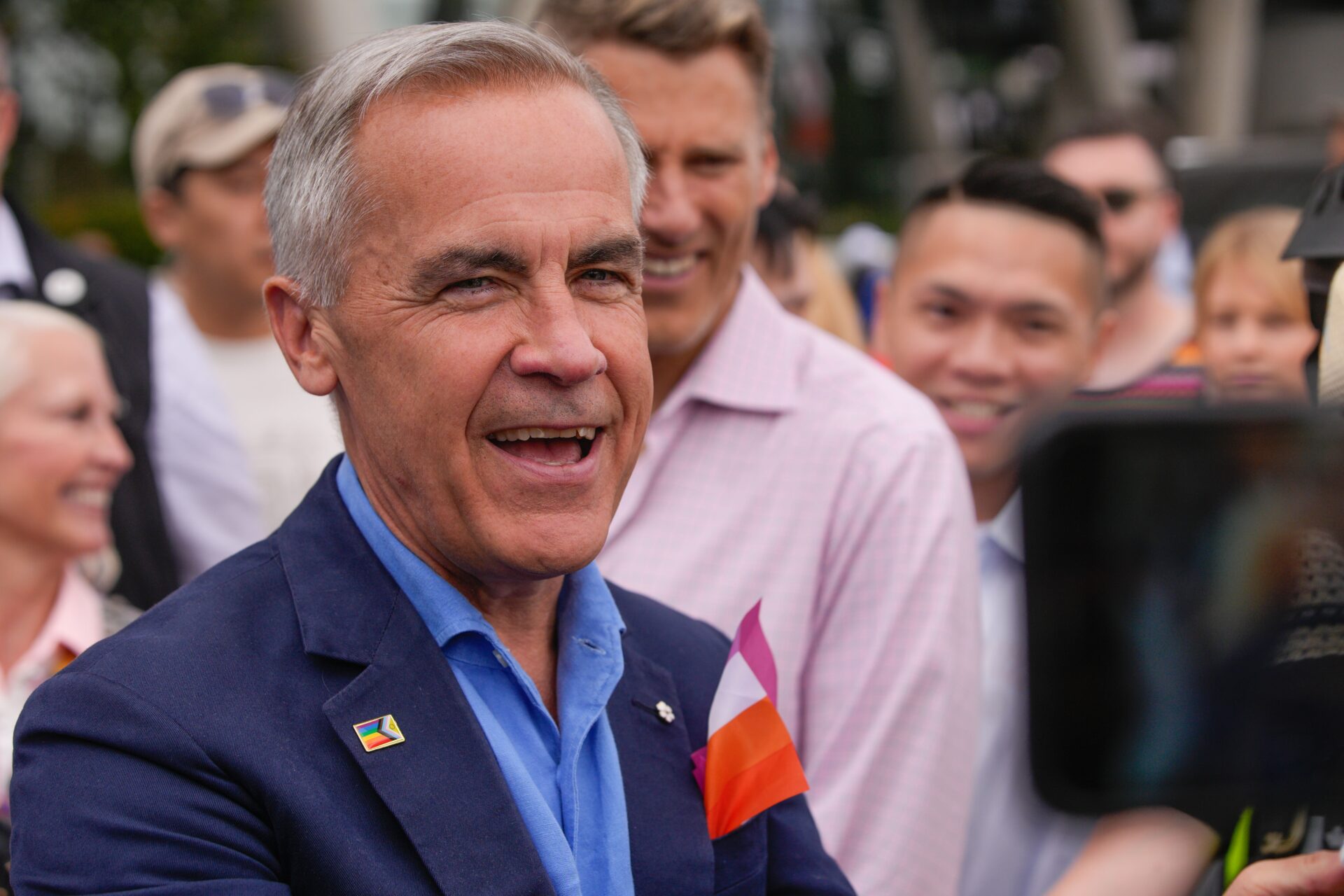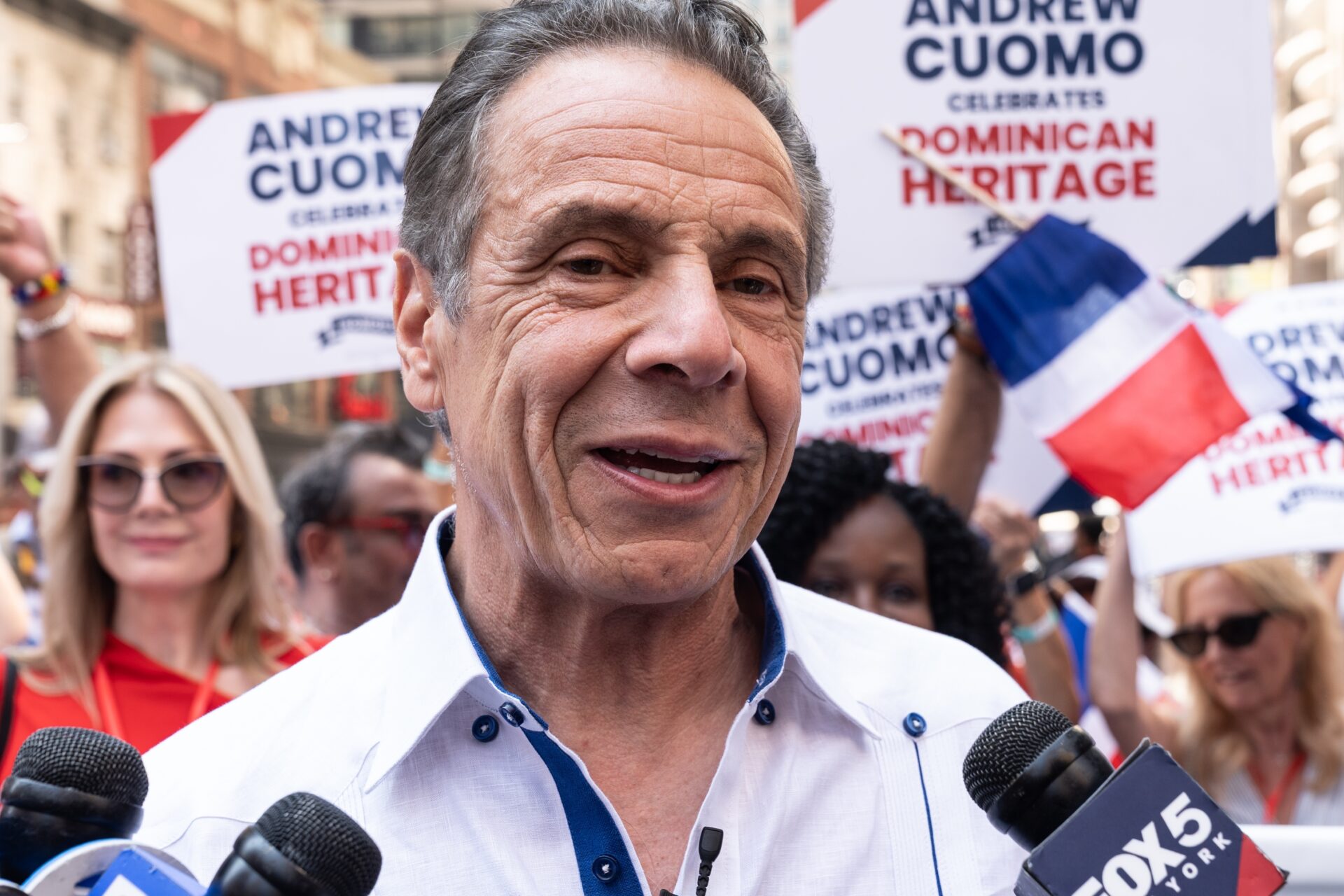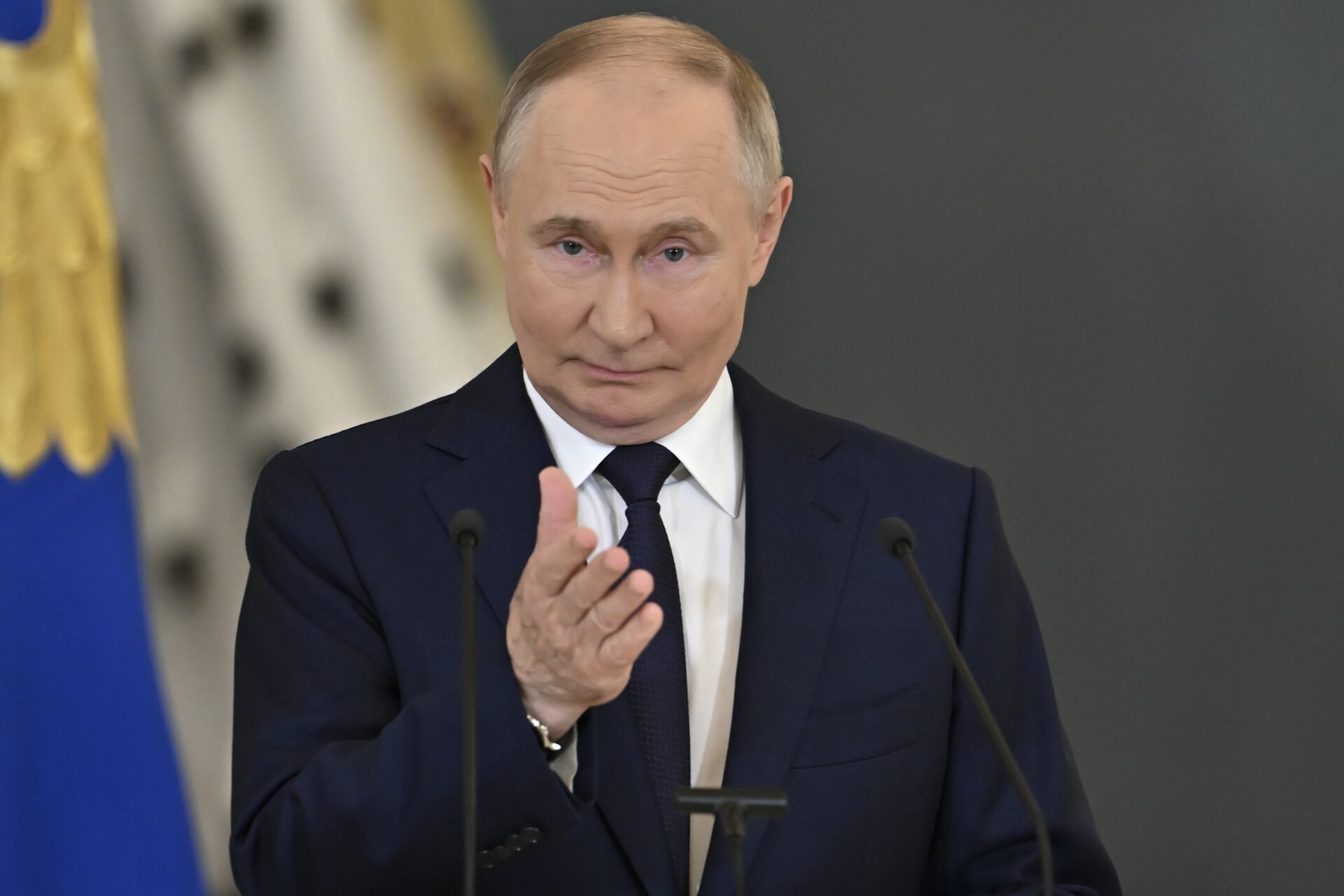
Trump SHIFTS TONE on Gaza Occupation?
A shift in U.S. posture—marked by Trump’s refusal to endorse Israel’s full Gaza occupation plan—has intensified global scrutiny amid deepening humanitarian concerns.
At a Glance
- President Trump declined to support Israel’s proposed full occupation of Gaza, calling it “up to Israel.”
- Israel’s cabinet approved a strategy to take control of Gaza City and dismantle Hamas.
- The plan includes returning hostages, disarmament, and appointing an alternate governing authority.
- Humanitarian agencies report worsening famine, infrastructure collapse, and mass displacement.
- U.S. pledged $60 million in food aid but avoided direct comment on Israel’s long-term control plan.
Trump’s Response Sparks Ambiguity
President Trump’s recent comments refrained from supporting Israel’s plan for a full occupation of Gaza, stating that the decision was “pretty much up to Israel.” While the U.S. administration has not formally endorsed or rejected the plan, it announced a $60 million humanitarian package. The aid, to be distributed with help from Arab and Israeli partners, is aimed at addressing widespread famine and infrastructure collapse across the Gaza Strip.
Watch now: ‘Truly outrageous’: Trump shocks world with Gaza takeover comments · YouTube
This ambiguous stance has drawn criticism from humanitarian groups and some members of Congress, who argue that passive support may further entrench a prolonged occupation without accountability. Trump’s language contrasts with previous U.S. administrations that took clearer stances on the governance of post-conflict zones.
Netanyahu’s Cabinet Approves Takeover
On August 8, 2025, Israel’s security cabinet ratified a detailed plan to seize and govern Gaza City. The strategy includes eliminating Hamas military infrastructure, recovering Israeli hostages, and establishing a non-Hamas interim administration. The Israeli government emphasized that the occupation is essential for national security and long-term regional stability.
However, internal divisions persist. Several Israeli military leaders and hostage families have expressed concerns that the plan could jeopardize civilian lives and delay diplomatic resolutions. The policy represents the most aggressive territorial control measure taken by Israel since the escalation of hostilities began.
International Condemnation Mounts
Global responses have been swift and critical. The United Nations, United Kingdom, and Germany all issued formal condemnations. Germany announced a temporary halt on arms exports to Israel, citing concerns over international humanitarian law. In contrast, some Eastern European nations voiced support for Israel’s right to act against what they described as an “armed insurgency.”
Meanwhile, Gaza’s humanitarian conditions continue to deteriorate. UN aid agencies report famine-level food insecurity, overwhelmed hospitals, and over one million people displaced. As international NGOs struggle to access the area, calls are mounting for a UN-brokered humanitarian corridor to stabilize the situation.
Sources
Washington Post
HuffPost
Wall Street Journal
Associated Press
Bloomberg


